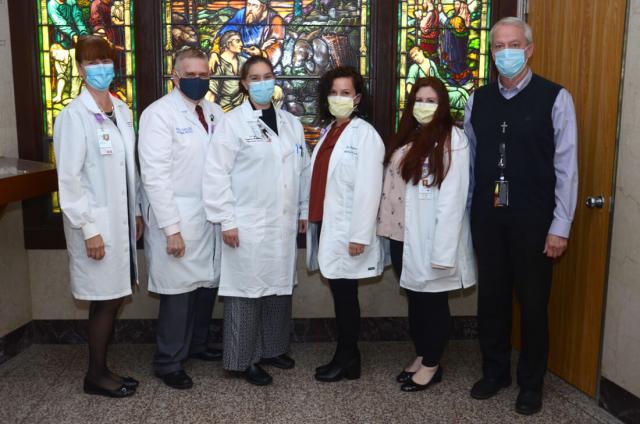Comfort and Compassion for Quality of Life
Good Samaritan University Hospital's palliative care program helps patients who are facing serious illnesses. Palliative care can be initiated from the time of diagnosis to advanced disease and is often given alongside a curative treatment plan.
Our experienced team of specialists helps manage symptoms such as pain, nausea, fatigue, depression and anxiety, supporting the wishes of both the patient and family throughout the process. They offer physical, emotional and spiritual support and guidance for patients and their families to better understand complex medical information and to discuss personal choices for medical care.
Call 631-828-7417 for more information on our palliative care program.
Learn about the difference between palliative care and hospice care


